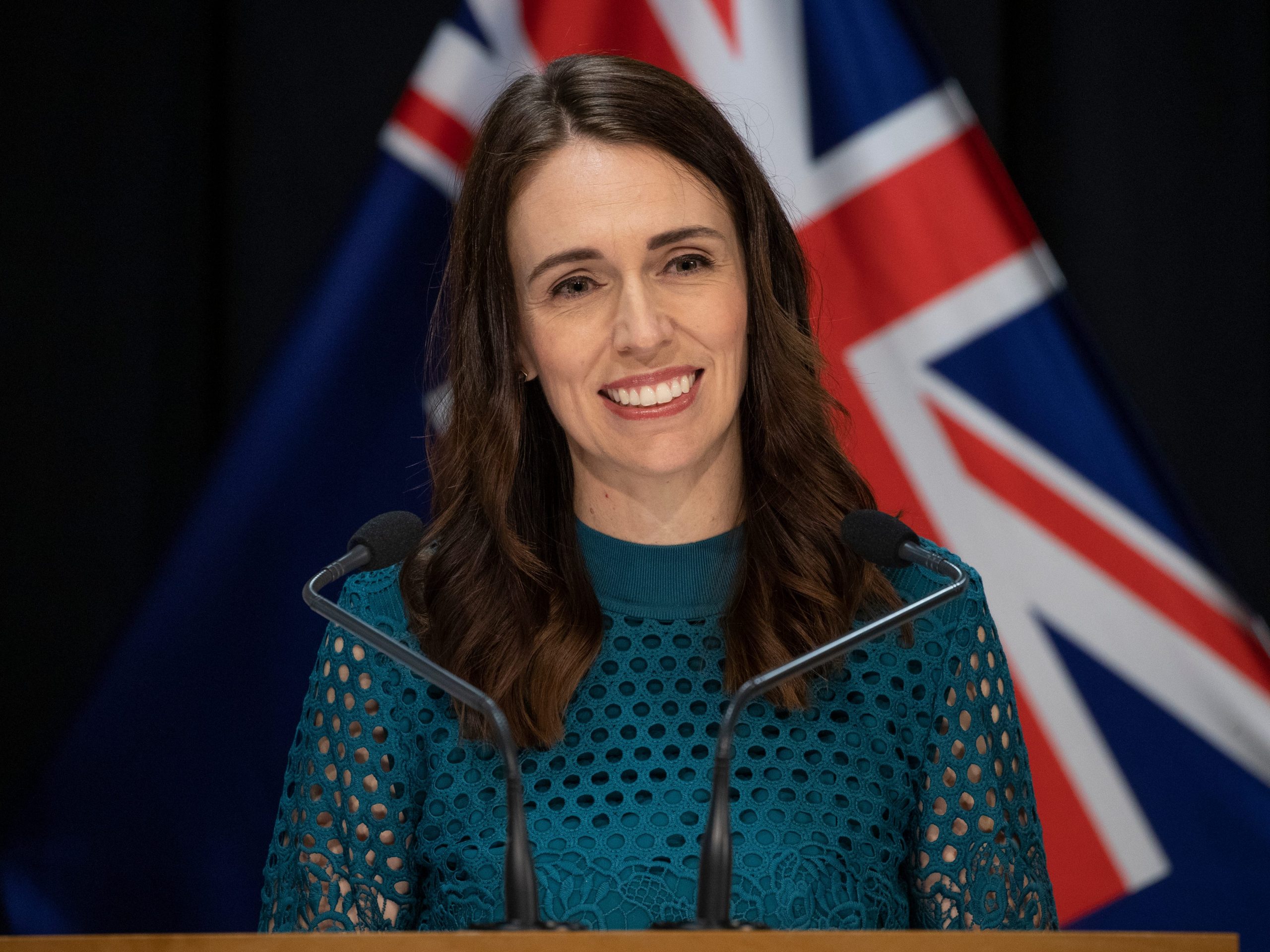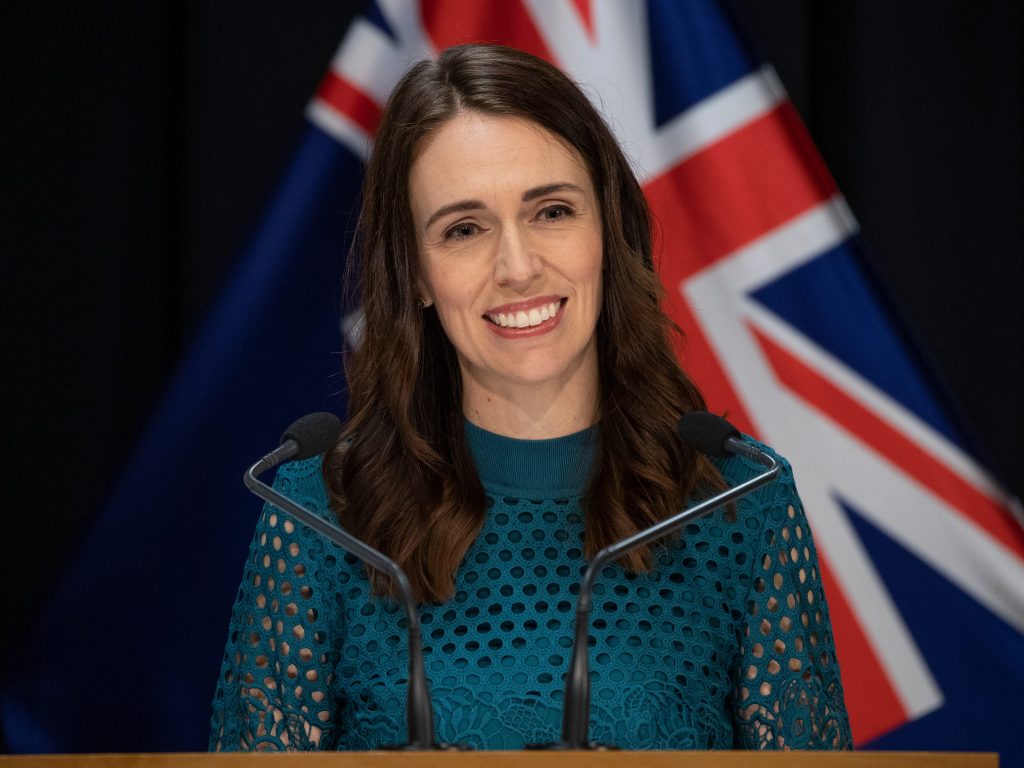
Getty Images News
- New Zealand reported 49 new daily COVID-19 cases on Tuesday, marking three days of decline.
- Experts suggested the decline in cases showed that the country's latest outbreak was being contained.
- The country locked down on August 17 after it detected a single COVID-19 case assumed to be Delta.
- See more stories on Insider's business page.
The number of people in New Zealand newly infected with COVID-19 has dropped for a third consecutive day – an early sign that the country's strict lockdown may be working to contain the highly infectious Delta variant.
New Zealand recorded 49 new COVID-19 cases Tuesday, down from 53 on Monday and 83 on Sunday, official data showed.
Eric Topol, director at Scripps Research Institute, said on Twitter Tuesday that New Zealand was "achieving containment."
-Eric Topol (@EricTopol) August 31, 2021
New Zealand Prime Minister Jacinda Ardern has said previously that the country's approach to tackling Delta would be "elimination." "Elimination means continuing to stamp out COVID wherever it emerges," she said.
The total number of cases for the outbreak now stands at 612, of which 597 are in Auckland, New Zealand's largest city and the epicenter of the outbreak. The remaining 15 cases are in Wellington, the country's capital.
Since the start of the pandemic, New Zealand has recorded 3,520 cases and 26 deaths, according to Johns Hopkins University.
Michael Plank, a COVID-19 modeler and professor in statistics at the University of Canterbury, New Zealand, told the Guardian that the trend in case numbers over the weekend were "likely an indication" that the outbreak was plateauing.
He said: "If the lockdown does prove to be really effective at stopping transmission between bubbles, it's possible we could see case numbers down to about 10 a day within the sort of latter part of September, and you know, if we can get down to that level, we'll be in a really good position to eliminate the outbreak."
Plank cautioned that testing and processing slowed down over the weekend, which could contribute to the lower case numbers.
Michael Baker, professor of public health at University of Otago, New Zealand, said he was feeling optimistic about the numbers. "The best news is there is not an exponential increase in cases," he said, per the Guardian.
Ardern said in a briefing Monday that without restrictions the country "could have been at 550 cases today alone. So it is making a difference. Whether or not we have now plateaued and moving down, we do need a bit more time I think to feel reassured of that."
Lockdown
New Zealand first locked down on August 17 after it detected a single COVID-19 case that officials assumed was the highly infectious Delta variant, which has mutations that help it avoid the immune response.
The restrictions have since been extended three times. Auckland will be in alert level 4, the strictest level of pandemic restrictions, for at least another two weeks, officials announced Monday.
Under level 4 rules, New Zealanders can only leave the house for exercise, supermarket shopping, essential medical care including pharmacy visits, and getting a COVID-19 test.
Most of the rest of the country will be downgraded to level 3 late Tuesday. "It means caution, and staying in your bubble, and it means distance and contactless transactions," Ardern said.
New Zealand has fully vaccinated 21.3% of its population, according to Johns Hopkins University. Some 52.9% of Americans are fully vaccinated.

